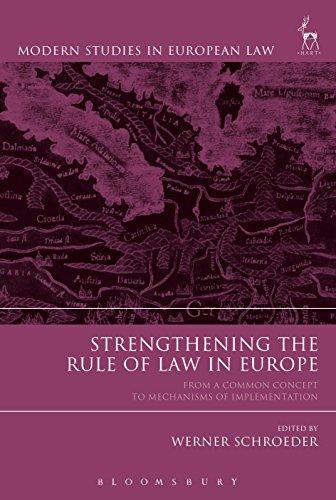Question
Read the three examples(cases) below to provide a reasonable and articulate discussion, including the rationale for your decision, along with the impact on business and
Read the three examples(cases) below to provide a reasonable and articulate discussion, including the rationale for your decision, along with the impact on business and society.
Constitutional Law
Case 2.1: Heart of Atlanta Motel v. United States
A motel owner, who refused to rent rooms to African Americans despite the Civil Rights Act of 1964, brought an action to have the Civil Rights Act of 1964 declared unconstitutional. The owner alleged that, in passing the act, Congress had exceeded its power to regulate commerce because his motel was not engaged in interstate commerce. The motel was accessible to state and interstate highways. The owner advertised nationally, maintained billboards throughout the state, and accepted convention trade from outside the state (75 percent of the guests were residents of other states). The district court sustained the constitutionality of the act and enjoined the owner from discriminating on the basis of race. The owner appealed. The case went to the United States Supreme Court.
The United States Supreme Court upheld the constitutionality of the Civil Rights Act of 1964. The Court noted that it was passed to correct "the deprivation of personal dignity" accompanying the denial of equal access to "public establishments." Congressional testimony leading to the passage of the act indicated that African Americans in particular experienced substantial discrimination in attempting to secure lodging. This discrimination impeded interstate travel, thus impeding interstate commerce. As for the owner's argument that his motel was "of a purely local character," the Court said, "[I]f it is interstate commerce that feels the pinch, it does not matter how local the operation that applies the squeeze." Therefore, under the commerce clause, Congress has the power to regulate any local activity that has a harmful effect interstate commerce.
Case 2.2: Bad Frog Brewery, Inc. v. New York State Liquor Authority
Bad Frog Brewery, Inc., sells alcoholic beverages with labels that display a frog making a gesture known as "giving the finger." Bad Frog's distributor, Renaissance Beer Co., applied to the New York State Liquor Authority (NYSLA) for label approval, required before the beer could be sold in New York. The NYSLA denied the application, in part because children might see the labels in grocery and convenience stores. Bad Frog filed a suit in a federal district court against the NYSLA, asking for, among other things, an injunction against this denial. The court granted a summary judgment in favor of the NYSLA. Bad Frog appealed.
The U.S. Court of Appeals for the Second Circuit reversed. The NYSLA's ban on the use of the labels lacked a "reasonable fit" with the state's interest in shielding minors from vulgarity, and the NYSLA did not adequately consider alternatives to the ban. "In view of the wide currency of vulgar displays throughout contemporary society, including comic books targeted directly at children, barring such displays from labels for alcoholic beverages cannot realistically be expected to reduce children's exposure to such displays to any significant degree." Also, there were "numerous less intrusive alternatives."
Case 2.3: Holt v. Hobbs
Gregory Holt, an inmate in an Arkansas state prison, is a devout Muslim who wished to grow a beard in accord with his religious beliefs. The Arkansas Department of Correction prohibited inmates from growing beards (except for medical reasons). Holt asked for an exemption on religious grounds. Prison officials denied his request. Holt filed a suit in a federal district court against Ray Hobbs, the director of the department, and others, claiming a violation of the Religious Land Use and Institutionalized Persons Act of 2000 (RLUIPA), which governs religious exercise by institutionalized persons. The court dismissed the suit. The U.S. Court of Appeals for the Eighth Circuit affirmed. Hobbs appealed.
The United States Supreme Court reversed and remanded The prohibition against the beard did not likely further the department's compelling interest in stopping the flow of contrabandthe beard was too short. And the policy was not shown to be the least restrictive means of furthering this interest. The department could simply search an inmate's beard when it searched his hair and clothing. And the department could photograph all inmates periodically to record changes in their appearances.
Step by Step Solution
There are 3 Steps involved in it
Step: 1

Get Instant Access to Expert-Tailored Solutions
See step-by-step solutions with expert insights and AI powered tools for academic success
Step: 2

Step: 3

Ace Your Homework with AI
Get the answers you need in no time with our AI-driven, step-by-step assistance
Get Started


